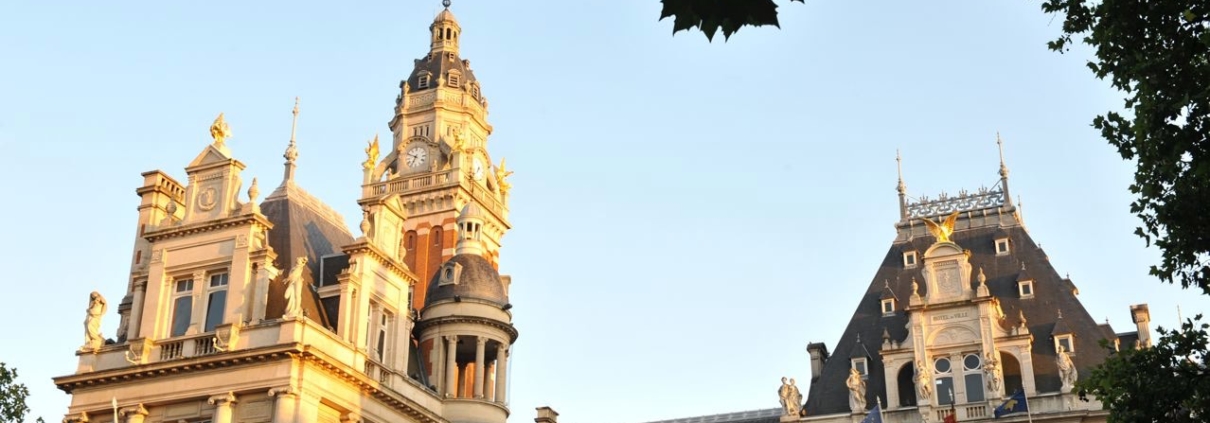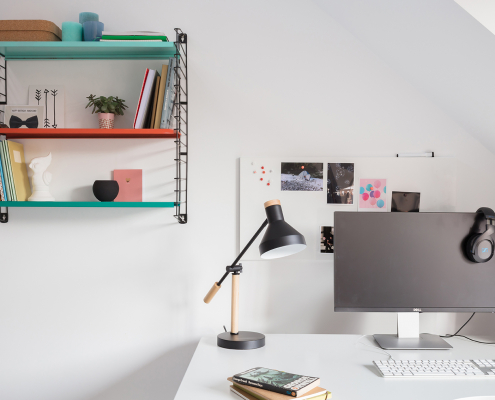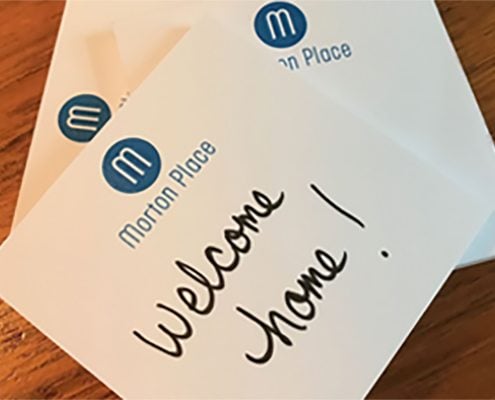Make it Official: How to Register at the Commune of St Gilles
Registration (Domiciliation) at your commune, simple steps
Bienvenue! You’ve made it to Brussels, St. Gilles to be exact. And while your sights may be set on decorating your space, making a splash at work, and meeting new friends, your first job is to register with the St. Gilles commune. Here are some simple steps to make the registration process easier so you can spend more time living your best life in Brussels!
Why Do I Need to Register at the Municipality or “Commune”?
As you may know, Brussels consists of 19 separate communes, or municipalities. Each commune has a different postal code, if your postal code is 1060 you live in Saint Gilles. Belgian law requires that most adults – with the exception of some who work for Parliament or NATO – must register with the commune where they reside if planning to stay longer than three months. Registering at the commune means you receive an official Belgian ID card and national number. Having this ID will also simplify a number of administrative tasks you may encounter while living here – ranging from local healthcare to securing a parking permit. Belgian adminstration is highly digitised, having an id is essential to access most services.
What Does Domiciliation Mean?
Domiciliation is the legal process of registering your residence with the local authorities at the address where you live. In Brussels, this means registering with your local commune—such as the St. Gilles commune—in order to be officially recognized as a resident of Belgium. While searching for housing, you may come across the term “non-domiciliation.” This means that the owner doesn’t want you to register your legal residence at that address. It’s best to check the domiciliation status of any rental before signing a lease.
How Do I Register at the Commune?
You have eight days upon arrival in Belgium to announce yourself at the St. Gilles commune – this is the start of the registration process. The procedure will vary depending on your status as an EU or non-EU national. You’ll also need to announce whether you are registering as a Belgian resident for the very first time; updating your existing registration in the Belgian population system; or applying for non-EU residence status.
If this is your first time registering in Belgium you must make an in-person appointment. As soon as you know your move-in date, schedule an appointment ASAP since spots fill up quickly.
- Click here to schedule your appointment
- Select from the pull down menu:
- Administration: A.C. St. Gilles
You should land on the page of the Population Services for the Municipality “Service des populations”
- You then have the following choices:
- If you are an EU national and this is your first time registering in Belgium select : “Séjour européen” followed by “Ressortissant européen. Première inscription en Belgique ou déclaration de présence”
- If you are an EU national and you have already registered in Belgium select: “Population” followed by change of address to Saint Gilles “Changement d’adresse vers Saint Gilles”
- If you are a non EU national select: “Sejour non-européen” followed by “Ressortissant non-européen. Première inscription en Belgique ou déclaration d’arrivée”
If no appointments are available, keep checking back on the website.
- Gather all the necessary paperwork required for your application.
I’m Not an EU National. How Does This Impact My Domiciliation?
If you are landing in Belgium for the first time from outside an EU member state, you’ll have to take the preliminary step of applying for a visa prior to requesting residency in St. Gilles. Most likely your employer has already finalized this process, which includes work permits and necessary visas applications. If not, email the St. Gilles commune to be sure you know exactly what to plan for.
What Documents Do I Need For My Registration?
The documents required for your Belgian ID card change regularly. Some examples are listed below, but make sure to double check with the commune before your visit.
Examples of items you will need:
-
Passport and/or ID from your issuing country
-
1 passport photograph (OACI regulations)
-
Visa/work permit if non EU necessary
-
Payment (at time of publication cost is 15 EUR)
-
Although it is not legal for the Commune to ask for your lease, our residents’ experience is that they do, so you may consider showing a digital version of your lease, or any piece of mail addressed to you at that location, do not leave a copy of your lease or your id with the officials
I Submitted My Registration. What Happens Next?
On your first appointment submitting your registration you will receive a form confirming you’ve started your registration process – or an “annexe 19”. After this, you’ll need to sit and wait. The local police officer “Agent de Quartier” will pay an unannounced visit to your home to confirm it’s really you and that you really live there, this can include entering your room and checking your personal effects are there. They will also check that your name is on the door or near the doorbell. If you’re not at home when the officer stops by, make sure to follow up with the note they’ll leave in your mailbox so your application doesn’t get delayed. This visit usually happens within the week after submitting your registration, so just sit tight!
Shortly after the police visit, you’ll receive a sealed envelope by mail with pin-codes that correspond to your new ID. Bring this envelope to the commune (by appointment or walk in) and voila! You’re officially registered in the system and that Belgian ID is yours. Congratulations!
What should I do once I have a Belgian ID?
Be careful, this is not a card which allows you to travel, it is only proof that you are a registered resident in Belgium. It is useful to register with online services such as ItsMe, the e-id system which allows you to do everything from sign your banking transfers to getting your medical prescriptions.
What Happens When I Leave St. Gilles or Belgium Altogether?
Make sure to deregister from the Belgium system when your stay here is over. If not, you could face a number of unintended consequences ranging from unnecessary residency taxes to visa and health insurance issues should you ever return to Belgium in the future.
So just like registering when you move to Belgium, you need to deregister when you leave Belgium. To do so, simply visit the commune, turn in your residency card and request a Model 8 form which confirms that you are no longer a resident of Belgium.
Can You See Yourself at Morton Place?
We hope that you’ll join our Morton Place community! As a resident in one of our homes it is our mission to help you settle into Brussels, including helping navigate the commune. All the while delivering you the unique benefits of a chic, all-inclusive, coliving environment. Feel free to reach out anytime!

 Morton Place
Morton Place

 MORTON PLACE
MORTON PLACE MP Holdings
MP Holdings